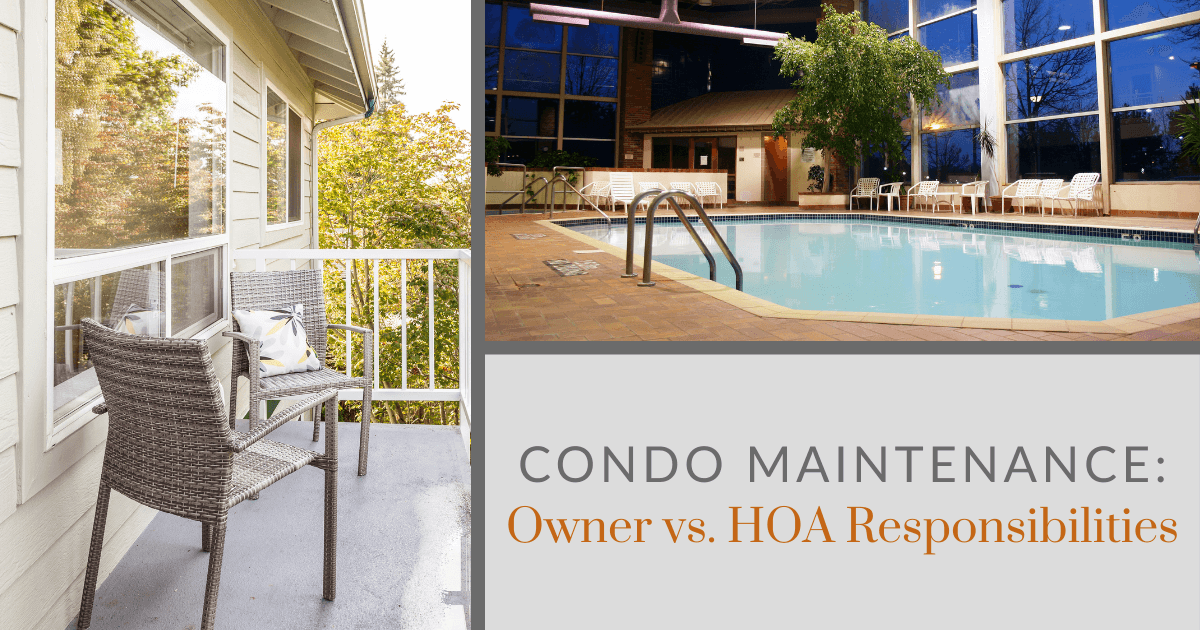Discovering the Obligations of HOA Condo Residents
Discovering the Obligations of HOA Condo Residents
Blog Article
The Duty of an HOA in Developing and Enforcing Neighborhood Guidelines for Residents
The duty of a Homeowners Organization (HOA) in imposing and developing community guidelines is fundamental to keeping a natural and orderly household setting. By formulating clear guidelines that regulate elements such as residential property maintenance and neighborhood conduct, the HOA not only establishes requirements for locals however also fosters a feeling of belonging and accountability.
Comprehending Homeowners Associations
Homeowners organizations (HOAs) offer as governing bodies for domestic neighborhoods, playing a critical function in preserving residential property values and promoting a sense of community. Generally formed by programmers, HOAs are composed of home owners within an assigned location that choose a board to oversee the organization's tasks. The primary features of an HOA consist of enforcing community regulations, handling usual areas, and arranging neighborhood occasions.
HOAs run under a set of controling files, consisting of restrictions, covenants, and conditions (CC&R s), which lay out the legal rights and responsibilities of property owners. These policies intend to guarantee that properties are preserved to a specific standard, therefore securing the aesthetic charm and total worth of the neighborhood. Additionally, HOAs usually collect fees from homeowners to money upkeep, landscaping, and various other neighborhood services.
The presence of an HOA can dramatically affect the living experience within an area (hoa condo). While some citizens value the structured setting and features supplied, others might find particular laws restrictive. Balancing the rate of interests of all property owners is necessary for an HOA to function properly, making sure that it serves its desired purpose of enhancing neighborhood living while appreciating individual home owner legal rights
Developing Community Standards

To start, an HOA should perform studies or convene that permit homeowners to articulate their problems and recommendations. This participatory process promotes a sense of ownership and boosts conformity. Next, the HOA board need to evaluate the feedback to recognize usual styles and top priorities that necessitate formal inclusion in the guidelines.
It is additionally necessary to ensure that the standards are clear, concise, and easily recognized. Uncertainties can cause problems and misunderstandings, weakening the objective of the standards. Moreover, the guidelines need to be thorough, covering numerous elements of community living, including residential or commercial property maintenance, sound degrees, and usage of common areas.
Enforcement of Guidelines
Effective enforcement of area policies is vital for maintaining order and making certain that all locals follow the established standards. An HOA needs to execute an organized approach to enforce these guidelines, which commonly entails a combination of tracking, interaction, and penalties for non-compliance.
First, regular assessments and area patrols can help identify violations, making certain that regulations are constantly used across the neighborhood. This proactive surveillance permits the HOA to deal with issues before they rise, promoting a sense of liability amongst citizens.
Second, clear communication is essential. Citizens must be informed of the policies and the treatments for reporting offenses. An open line of communication urges citizens to voice issues and look for explanation on guidelines, which can boost conformity.

Lastly, when infractions occur, the HOA must implement consequences as laid out in the governing files. By properly enforcing policies, an HOA can grow a harmonious living setting that shows the cumulative worths of its citizens.
Benefits of HOA Regulations
Many benefits arise check my blog from the implementation of HOA policies, which offer to boost the lifestyle within a community. One primary benefit is the upkeep of property worths. By imposing standards for looks and upkeep, HOAs guarantee that homes and typical areas continue to be attractive, fostering a preferable living environment that can result in raised building worths over time.
In addition, HOA guidelines advertise uniformity and harmony within the neighborhood. This comprehensibility in design and upkeep helps to develop a feeling of belonging among residents, adding to neighborhood satisfaction and a positive environment. Established standards facilitate dispute resolution among neighbors by supplying clear expectations and procedures for behavior, consequently decreasing conflicts.
One more considerable benefit is the arrangement of common amenities and solutions. Numerous HOAs handle area facilities such as parks, clubs, and pools, which improve leisure chances for citizens. These facilities not only enhance the high quality of life yet also urge social interaction.
Eventually, the policies stated by an HOA cultivate a well-organized, unified area, ensuring that residents take pleasure in a high requirement of living while fostering a helpful environment for all homeowners.
Usual Obstacles Faced by HOAs
Amidst the benefits that property owners organizations (HOAs) can supply, they also run into a selection of challenges that can prevent their effectiveness. One significant issue is the absence of resident engagement. Many home owners may not participate in conferences or neighborhood activities, causing a detach between the HOA board and residents. This disengagement can cause misconceptions regarding neighborhood standards and a lack of assistance for enforcement efforts.
An additional challenge is the enforcement of laws and guidelines. Disagreements can develop when residents feel that enforcement is inconsistent or prejudiced, possibly causing disputes within the area. In addition, HOAs commonly face monetary restraints, which can limit their ability to maintain typical locations or fund area jobs. This can produce frustration amongst locals that expect high requirements of maintenance.
Furthermore, browsing lawful complexities can be discouraging for HOAs. They should guarantee conformity with state laws while managing their very own regulating records, which can be a resource of complication. Last but not least, transforming demographics and evolving neighborhood needs require HOAs to adjust their guidelines, usually fulfilling resistance from long-lasting homeowners who are accustomed to traditional standards. Resolving these obstacles is essential for cultivating a successful and unified community.
Conclusion

By formulating clear rules that govern elements such as building upkeep and community conduct, the HOA not only sets criteria for locals but also cultivates a feeling of belonging and responsibility.Homeowners associations (HOAs) serve as regulating bodies for property communities, playing a crucial duty in preserving property worths and cultivating a feeling of neighborhood. Many home owners might not get involved in meetings or area tasks, leading to a detach between the HOA board and homeowners. Altering demographics and evolving neighborhood needs need HOAs to adjust their standards, typically satisfying resistance from long-lasting locals who are accustomed to traditional standards. Through the growth of clear laws and regular enforcement, HOAs promote property upkeep, neighborhood satisfaction, and trust find out here fund among residents.
Report this page